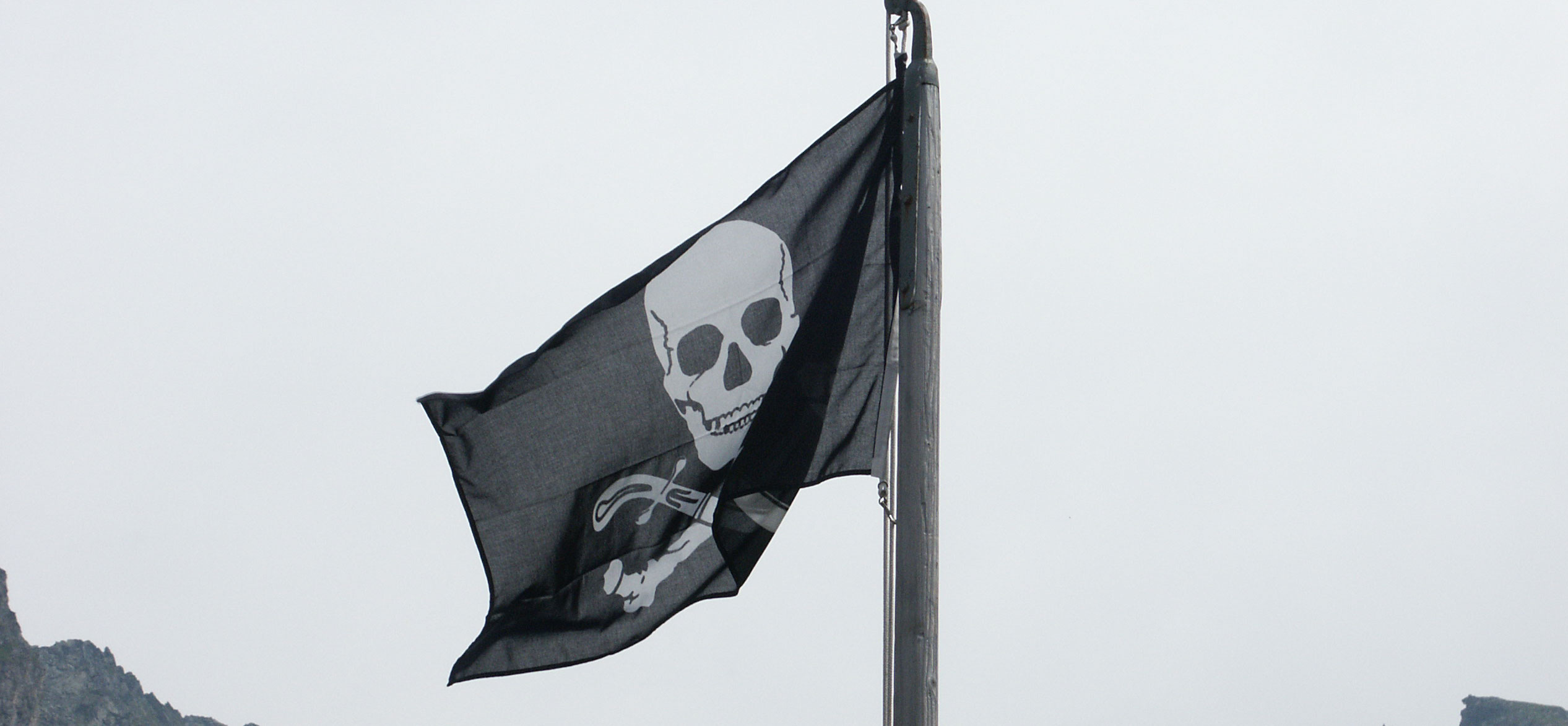German court rules on ISPs blocking pirate sites

A landmark ruling by Germany’s Federal Court of Justice could see the country’s content owners ramp up action against sites as The Pirate Bay and KickassTorrents (KAT).
In most European countries, internet service providers (ISPs) are routinely called upon to stop their customers accessing websites which infringe their copyright. But that has not been the case in Germany.
The ruling late last week has clarified when ISPs are obliged to block access. These only kick in when operators and hosts cannot be identified, or when copyright owners can show they have made sufficient effort to track down the operators or stop consumers from accessing it.
The court’s decision came at the end of a seven-year case in which German collection society GEMA sued the country’s largest telco Deutsche Telekom after it refused to block access to the music linking 3dl.am website which offered downloads of copyright-protected music tracks. 3dl.am has now closed down.
Deutsche Telekom had argued that it was merely a “pipeline” and had no control over infringements on its network. It also said it was apprehensive as using technology to stop one site would open the floodgates to other such demands.
GEMA CEO Harald Heker called it a “long overdue landmark decision” which “points the way forward for protecting the rights of authors in the digital music market.” He said, “Finally we have legal clarity on the permissibility of blocking access to websites illegally offering copyrighted music works on a massive scale. This is a major step forward in the fight against Internet piracy.”
The case was initially dismissed on the grounds that GEMA had not made enough of an effort to track down the site’s operators.
Another case, also ruled on, on the same day, Universal Music, Sony Music and Warner Music had taken action against Telefonica’s O2 Deutschland for refusing to block access to file sharing network goldesel.to, the court found that the three major labels had not sufficiently worked to prevent the copyright violations.
The court’s verdict was that copyright owners have to “initially (make) reasonable efforts to take action against those parties who committed the infringement itself, such as the owner of the website or the host provider.” It added that ISPs are only obliged to act “when recourse to these parties fails or lacks any prospect of success.”
Deutsche Telekom responded: “The Supreme Court has clearly stated that with regard to Internet service providers the reasonableness of a potential blocking has to be subject to strict scrutiny.”
Bernhard Rohleder, Director of IT industry group Bitkom, said: “The blocking of websites should remain the last resort of network policy. As a measure against copyright infringement, it is quite excessive.”
A study three years ago put the cost of online music piracy in Germany at US$660 million.

































